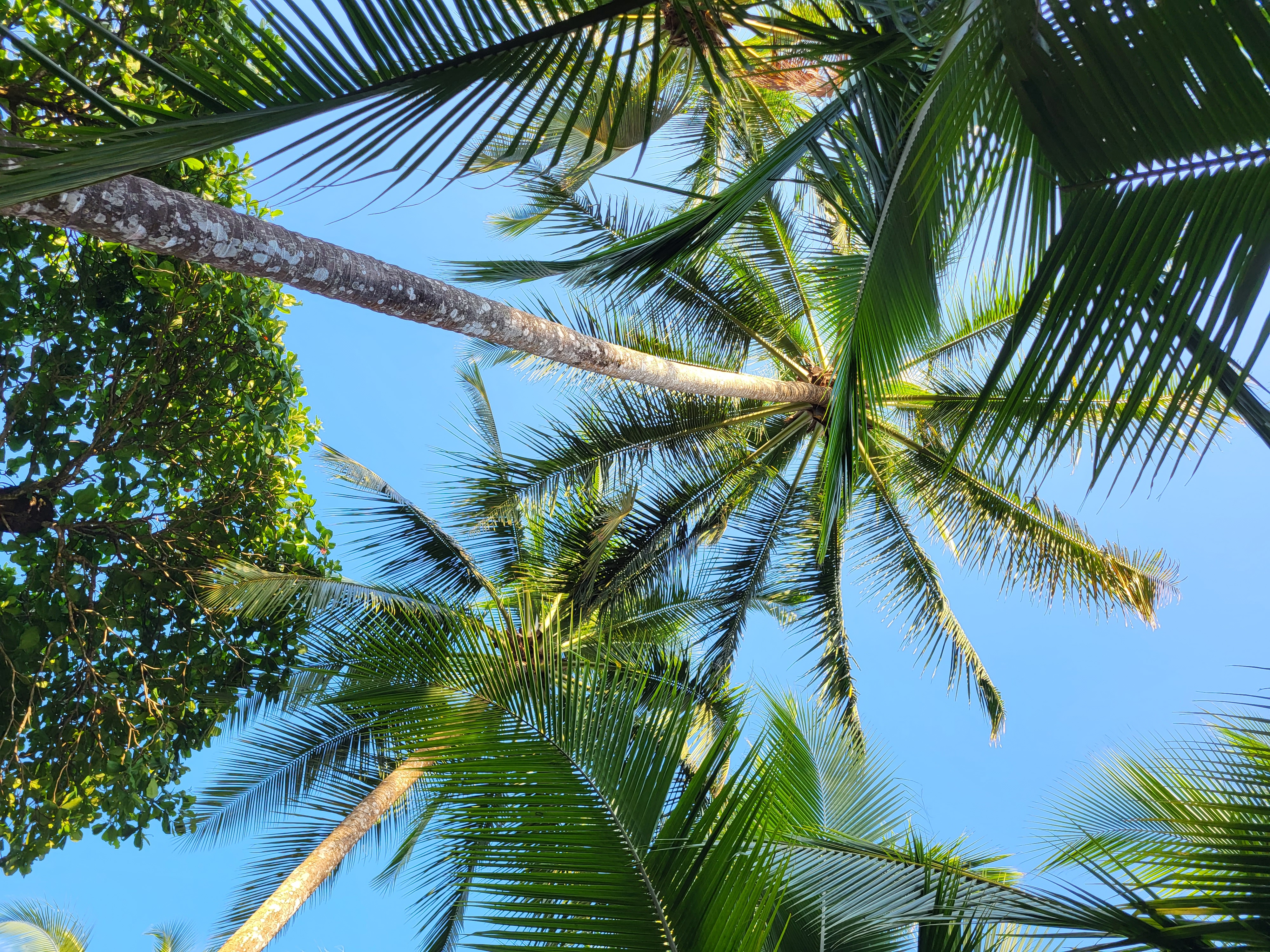The Best Time to Come
Costa Rica offers year-round appeal, with distinct benefits depending on the season. The Green Season (May to mid-November) is lush and less crowded, ideal for reconnecting with nature, offering lower rates and wellness services. The Dry Season (November to March) is warm and popular, great for escaping cold climates, though more expensive and crowded. Booking early is advised.
Arrival/Departure
Costa Rica has two main international airports: SJO (San José) and LIR (Liberia), with departure tax typically included in airfare. Travelers can pay the tax at the airport if needed. Private airport transfers are available for convenience.
What to Do
Costa Rica offers abundant activities including wildlife viewing, adventure sports like rafting and volcano hiking, sport fishing, and more. A quarter of the country is protected land, making it a haven for nature and adventure enthusiasts.
Documents You Need
Visitors need a passport valid for six months beyond their entry and proof of onward travel within 90 days. U.S. and Canadian citizens do not require a visa; others should check local embassies.
Tipping & Gratuities
A 10% service charge is typically included in restaurant bills, though additional tipping is common. Tips for other services like tour guides or maids are also customary, usually around 10%.
Food
Costa Rican cuisine features staples like rice, beans, plantains, and fresh seafood, often minimally seasoned. Fresh fruit and juices are common, and international cuisines are widely available. Personal chefs and bartending services are available for a luxurious dining experience.
How to Get Around
Travel options include rental cars (preferably 4x4s), private chauffeurs, shuttles, domestic airlines, ferries, and public buses. Public buses are economical but require vigilance with belongings. Domestic travel is accessible and scenic.
Health & Emergency
No vaccinations are required for entry. Tap water is safe, and emergency services are available via 911 or Red Cross (128). Major cities offer medical clinics or hospitals.
Credit Cards & Currency
Credit cards are widely accepted, though some small businesses may not accept them or may add fees. The currency is the Costa Rican colón. Currency exchange is available at banks and some hotels.
Cell Phones & Electrical Outlets
Visitors need an unlocked quad-band GSM or 3G phone with roaming enabled. Electrical outlets are 110V, similar to U.S. standards.
Taxes
Costa Rica applies a 13% sales tax on goods and services.
Useful Links
Helpful travel resources include:
- Costa Rica Tourism Board site - http://www.visitcostarica.com/
- Wikipedia - http://en.wikipedia.org/wiki/Costa_Rica

